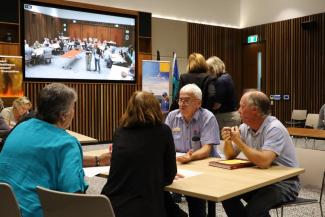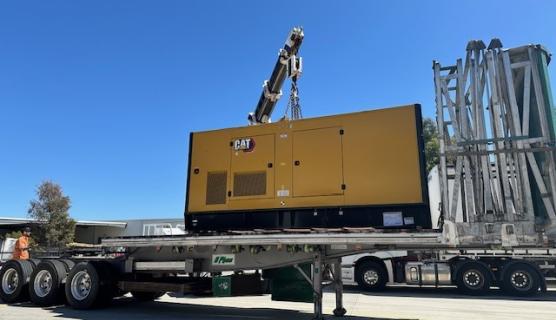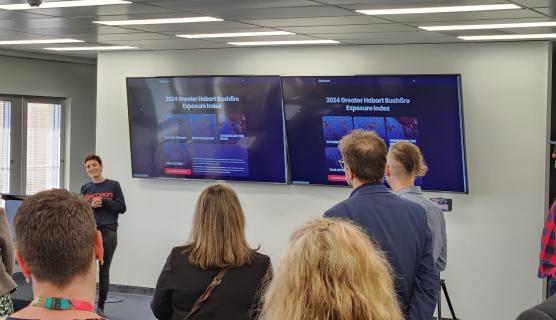Communication of emergency plans is key
Rob Henderson, Emergency Management Team Leader at Hunter Local Land Services, acknowledged that it is hard to predict what fires are going to do or where the best places to move stock to safety are. He stressed the importance of landholders sharing their evacuation plans with their neighbours.
“What we’re suggesting is if they communicate those plans to their neighbours, they’ve got a better chance of getting a strategic result that’s to the benefit of them and their animals.”
Heidi Chappelow, Emergency Management Project Officer at Hunter Local Land Services, spoke about the need for much greater and effective communication across the community and government agencies. Heidi reaffirmed that the workshops are helping improve communication, which in turn improves systems and increases levels of self-responsibility in emergency planning and preparing for bushfires.
Heidi spoke to how communities are being impacted year after year by increasingly intense and frequent disasters. With this inevitability of future natural hazards and the availability of a lot of local knowledge, “It is time to invite communities and all agencies to step up to get better prepared,” said Heidi.
Rob Henderson said that the workshops provided first-hand experience information, and he went onto talk about the importance of the role of agencies in supporting communities to get prepared for future fire seasons and other natural hazards.
“With these workshops, we want to hear how we can contribute towards the end result of the community feeling safer and give them the confidence if they have decided to evacuate that this is the way to go about it.”








